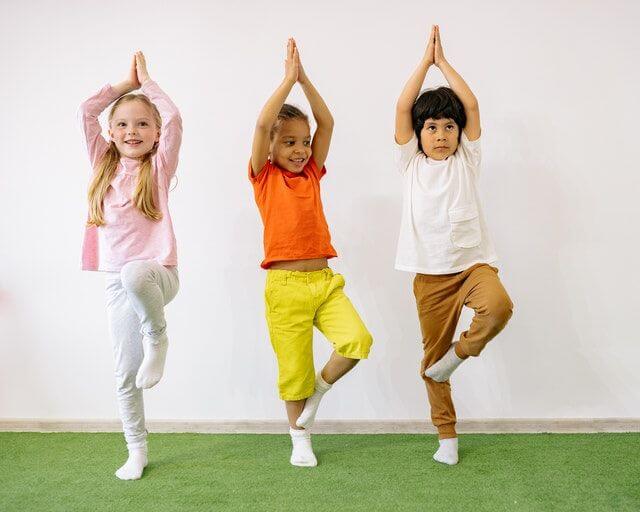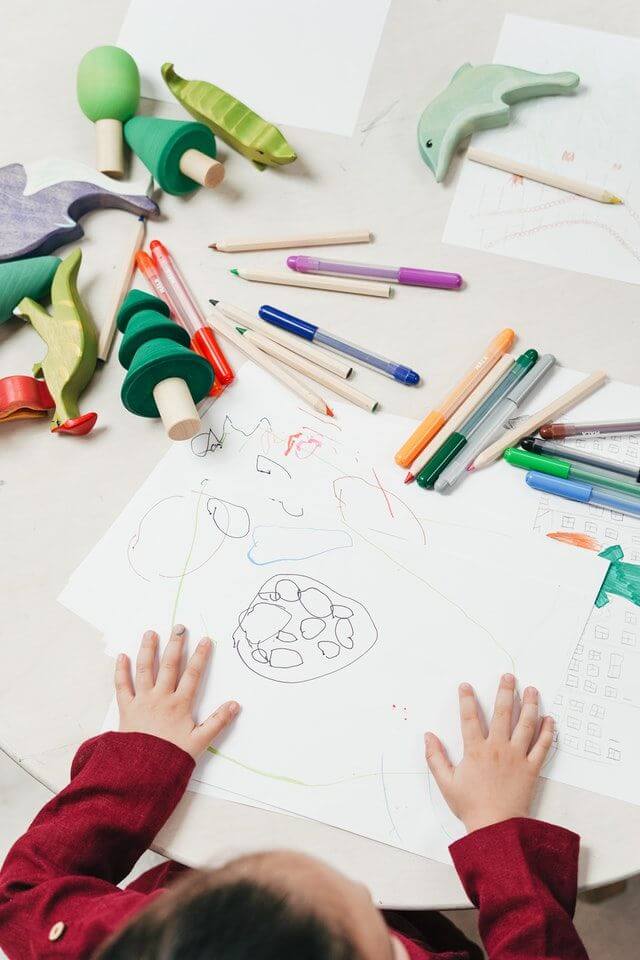Active methodologies in primary school
The application of active methodologies in primary school
Active methodologies in primary school are based on participatory processes, in which the pupil is the protagonist. Masterly learning based on memorisation does not always motivate the pupil and, moreover, this process gives priority to short-term knowledge. Active methodologies in primary school of our private school in Almeria offer an alternative in which the emphasis is on motivation and experiences, with processes capable of permanently fixing concepts.
A pupil who is educated in an active environment will be able to make proactive decisions, perceiving his or her education as a lifelong challenge.
Primary education includes the first technical knowledge related to natural sciences, language, mathematics or social sciences. The active education programmes of our international school in Almeria favour the memorisation of the syllabus and its application in practical environments.
What are active methodologies in primary school?
The concept of active methodology is based on practical experiences, which offer functional learning.
The objective is to offer students a learning ecosystem in which they not only memorise, but also perceive in a practical way the knowledge that will be basic for their future.
The advantages of active methods in primary school
- The student is the true protagonist of his or her own learning. It is important that they make decisions, that they influence the learning process.
- Primary school courses focus on functional subjects, the implementation of the active method allows them to discover that everything they learn in the classroom has a real application.
- Another of the basic objectives is to encourage critical and reflective thinking. At British School of Almeria we work so that our students become responsible and committed citizens.
- Active learning improves pupils’ practical skills. Every child is different, it is important to discover their abilities and help them to develop them.
- Encouraging group work means improving their social and communicative skills, with activities in which collaboration is a priority.
- Knowledge is permanent, as opposed to processes based exclusively on short-term memorisation.
Active methodologies oriented to language learning in Primary School
At The British School of Almeria we structure our curriculum around language learning. Learning a language means improving a pupil’s communicative skills, the inclusion of active methods encourages the functional part of the language and increases their abilities.
During the primary school years, a pupil will learn most of the vocabulary that he or she will use during his or her adult life, but in addition, he or she will acquire the structural notions of the language and the interpersonal skills that he or she must put into practice. Active methodologies focus on the functional part of the language, so during this cycle they are already able to understand texts, identify accents and express themselves fluently on familiar topics.
Our experience has shown us that the application of active classes reinforces the assimilation of languages. During the primary cycle we get the student to commit to the challenge of learning a second language through a process based on practice.
Active methodologies in primary school
The application of active processes is relatively recent, so we continue to implement new solutions that allow us to give the pupil the leading role he or she deserves.
Some of the most popular active techniques in the classroom are the following.
Visual thinking
We define visual thinking as a tool that allows us to organise ideas in the classroom by means of drawings and short texts. In primary school, topics are not isolated, but are dependent on each other. With visual thinking techniques, we can highlight these relationships and make the student aware of them.
Flipped classroom
Flipped classroom is a pedagogical model that avoids traditional memorisation. In this case, students learn outside the classroom; during the hours in the classroom they do homework, solve doubts and interact with other students to share the contents.
Problem solving
Posing problems to which the student must offer a solution promotes creativity and generates permanent knowledge. Active solutions do not provide the solution to the learner, on the contrary, they pose a problem and motivate the learner to define an appropriate solution.
Group collaboration
An active learner is a learner who perceives collaboration as an added value. From 3 to 11 years of age, they will learn the value of cooperation, through classroom activities that allow them to share their ideas with other classmates in the classroom.
Medium-term projects
Discovery means being aware of changes in the environment. Active programmes include medium-term activities, where they can test the practical side of what they learn in class.
Out-of-school environments
Active methodologies also rely on activities beyond school. Getting to know other spaces is a motivation for pupils, and allows them to perceive their education from a different point of view.
The pupil as the protagonist in the school environment
Traditional teaching processes give the teacher and the syllabus the leading role, so that the pupil is only responsible for memorising the proposed subjects, without being able to make any decisions throughout the years of compulsory education.
In the case of the application of active methodologies, the pupil is the protagonist, through experiences that allow them to improve their personal abilities, to be creative and to make decisions.
At The British School of Almeria we apply active teaching methods, which reinforce the skills and knowledge of our students. The Primary years will provide the knowledge base that will be essential for their adult life, so it is very important that they acquire the necessary skills for their education.
At our school we base our programmes on the educational structures of British education, applying new educational systems which allow us to offer our students a comprehensive education, with language learning as its main value.

